Take Me Down to the “Parasite Planet” (Where the Grass Is Really Disgusting)
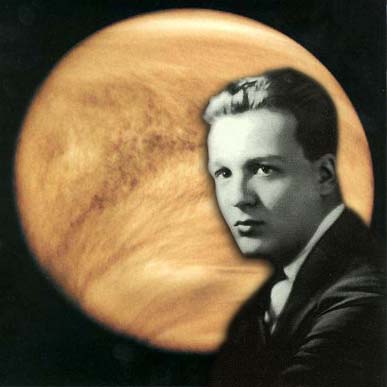 Last week, our esteemed editor John O’Neill posted a wonderful reminiscence of one of the key science-fiction anthologies of the 1970s: Isaac Asimov’s Before the Golden Age. This hefty volume (sometimes divided over three paperbacks) is an intriguing mixture of autobiography, literary analysis, and miles o’ great pre-Campbellian magazine science fiction. Before the Golden Age is a classic piece of early pulp archaeology.
Last week, our esteemed editor John O’Neill posted a wonderful reminiscence of one of the key science-fiction anthologies of the 1970s: Isaac Asimov’s Before the Golden Age. This hefty volume (sometimes divided over three paperbacks) is an intriguing mixture of autobiography, literary analysis, and miles o’ great pre-Campbellian magazine science fiction. Before the Golden Age is a classic piece of early pulp archaeology.
O’Neill’s post specifically made me recall “Parasite Planet” by Stanley G. Weinbaum. I did not read this story for the first time in Before the Golden Age, but in The Best of Stanley G. Weinbaum. This book, which contains an introduction from Isaac Asimov and an afterword by Robert Bloch, is the first of Del Rey’s many “The Best of . . .” collections, a series I credit with getting me interested in many of the classic science-fiction authors of the mid-twentieth century. I still own my yellowed copies of The Best of John W. Campbell, The Best of Jack Williamson, The Best of Leigh Brackett, The Best of C. L. Moore, The Best of L. Sprague De Camp, and The Worst of Jefferson Airplane. (Wait, one of these things is not like the other. . . .)
I first read “Parasite Planet” in The Best of Stanley G. Weinbaum, but the Del Rey edition was not my initial encounter with Mr. Weinbaum. That came through another of the great anthologies of the ‘70s (wow, I am really hitting “great anthologies” in a big way in this post), The Science Fiction Hall of Fame. Weinbaum’s 1934 classic, “A Martian Odyssey,” was the first story in the collection, and also its oldest. The vote of the Science Fiction Writers of America that determined the contents of the collection picked the story as the second best SF short piece ever published, with only Asimov’s “Nightfall” besting it. “A Martian Odyssey” floored me when I first read it at age eighteen, and so I had to find out more about this Weinbaum guy who seemed to have vanished, since he was one of the few authors in The Science Fiction Hall of Fame whom I did not recognize from later achievements.
There turned out to be, unfortunately, a tragic reason for this. Weinbaum burst onto the SF scene with “A Martian Odyssey,” which was his first sale. He was immediately the most popular author in the field; everybody loved his work. Eighteen months later, in December 1935, Weinbaum was dead from lung cancer at age thirty-three.
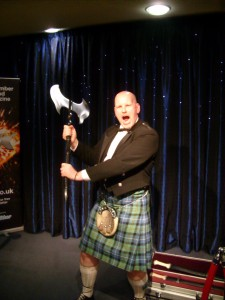 Graham McNeill’s novel Empire: The Legend of Sigmar (Black Library) is this year’s winner of the David Gemmell Legend Award for Best Fantasy Novel of 2009.
Graham McNeill’s novel Empire: The Legend of Sigmar (Black Library) is this year’s winner of the David Gemmell Legend Award for Best Fantasy Novel of 2009.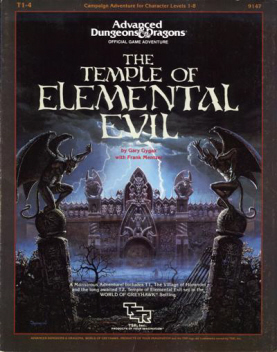 Role-playing games have always interested me because, at heart, they’re about stories. They’re ways to tell stories that you don’t know in advance, ways to bring people together to create something unpredictable but still structured in a narrative form. Now, that said, the question is: how do you go about doing that? If you’re writing a module, an adventure, that referees are going to pick up off a store shelf (or download from a web site), what do you give them to help create that story with their players?
Role-playing games have always interested me because, at heart, they’re about stories. They’re ways to tell stories that you don’t know in advance, ways to bring people together to create something unpredictable but still structured in a narrative form. Now, that said, the question is: how do you go about doing that? If you’re writing a module, an adventure, that referees are going to pick up off a store shelf (or download from a web site), what do you give them to help create that story with their players?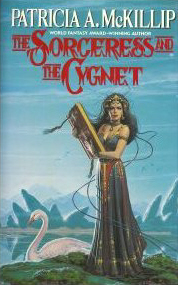 Corleu is an oddity, a white-haired youth in a black-haired tribe of wanderers. His family has a talent for foresight, but all he has is a knack for stories. And then one year the tribe goes south for the winter and finds itself in a marsh where time seems to stand still, where the flowers are perfect but the skies are invisible behind the mists — and no one knows how long they’ve been there. No one but Corleu notices anything wrong.
Corleu is an oddity, a white-haired youth in a black-haired tribe of wanderers. His family has a talent for foresight, but all he has is a knack for stories. And then one year the tribe goes south for the winter and finds itself in a marsh where time seems to stand still, where the flowers are perfect but the skies are invisible behind the mists — and no one knows how long they’ve been there. No one but Corleu notices anything wrong.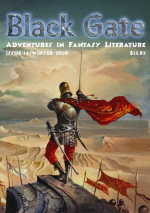 Luke Forney. who
Luke Forney. who 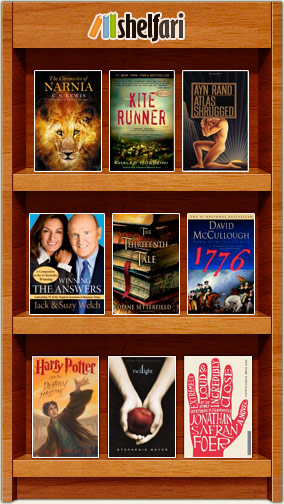 I’m not usually one for social networking. I had to be dragged on to Facebook by Bill Ward, who got tired of Black Gate not having a Facebook page and finally just
I’m not usually one for social networking. I had to be dragged on to Facebook by Bill Ward, who got tired of Black Gate not having a Facebook page and finally just 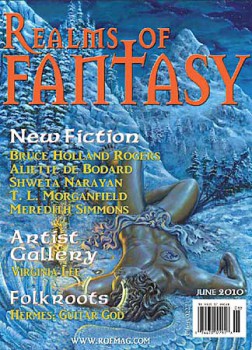 While
While 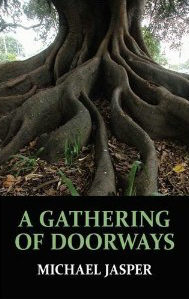
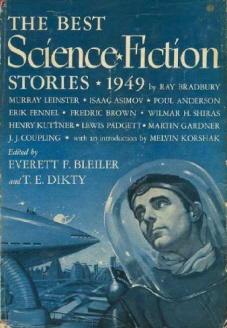
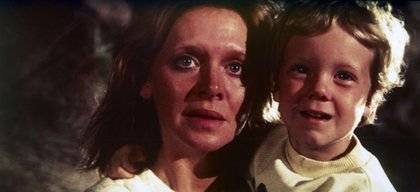 Back in May I told you all about
Back in May I told you all about